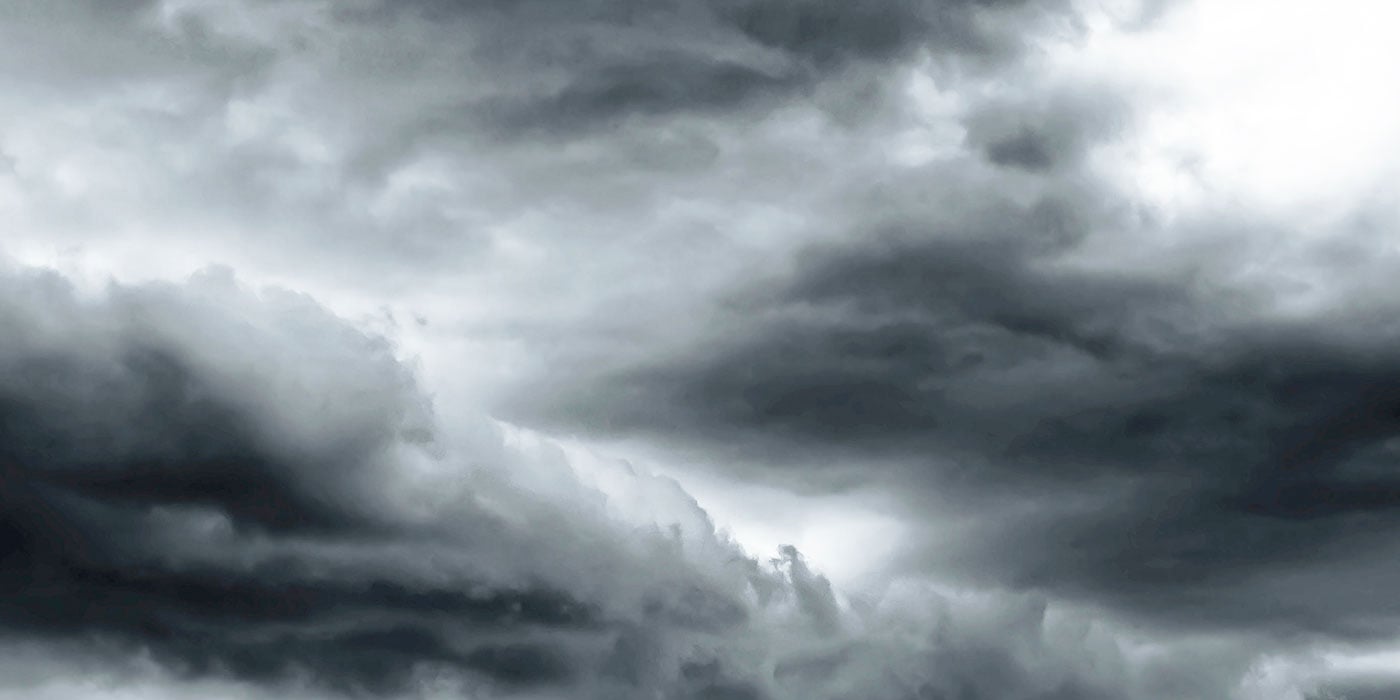Hurricane Kit Checklist
Even before a hurricane or tropical storm is approaching, make sure your kit is well-stocked and ready to use.

Even before a hurricane or tropical storm is approaching, make sure your kit is well-stocked and ready to use.
Don't forget your furry family members! Make sure you have plenty of your pet's essentials on-hand.
If you have a storm-related claim, you can easily visit your Policyholder portal to submit a claim.
If a storm is headed to your area, it can be scary and overwhelming. Review these steps with the members of your household to make sure everyone feels prepared and as ready as possible.
Gather your emergency kit, and make sure everyone knows what's in it and where to access it.
Fill out and distribute Emergency Contact Cards to all members of your household.
Closely monitor hurricane and tropical storm advisories.
If a hurricane is expected or predicted to reach your area, cover windows with permanent shutters or purchase plywood. Plywood should be cut, fitted and securely fastened to each window and door.
Clean and sanitize bathtubs and fill them with water.
Fill your car’s gas tank in case you need to evacuate. Be sure to fill up what you need so others in need are able to as well.
Set your refrigerator to the coldest setting and avoid opening the door. This will keep your food cold should you lose power.
Bring outdoor furniture indoors or tie it down securely.
If you have a boat, moor it if time permits.
Collect your bank information, ATM card, driver's license, and insurance information. Place these items in a safe area and don't forget to take them with you if you leave your home.
Have an extra supply of cash on hand.
If you have a video camera, take a video of your home and personal property to document your belongings prior to any damage.
Notify friends and relatives of where you plan to be during the storm.
Lock all doors and windows. If you are not evacuating, move to a small interior room such as a closet or bathroom.
Disconnect propane tanks and small appliances.
Make certain your pets are in a safe and secure area and gather any of their emergency supplies so it's easy to find as well.
If you are directed by local authorities to do so. Be sure to follow their instructions.
If you live in a mobile home or temporary structure – such shelter are particularly hazardous during hurricane no matter how well fastened to the ground.
If you live in a high-rise building – hurricane winds are stronger at higher elevations.
If you live on the coast, on a floodplain, near a river, or on an island waterway.
Listen to the radio or TV for information.
Turn off utilities if instructed to do so. Otherwise, turn the refrigerator thermostat to its coldest setting and keep its doors closed.
Make sure propane tanks are turned off.
Avoid using the phone, except for serious emergencies.
Stay clear of areas with windows, skylights and glass doors.
Monitor your water supply, and if you still have clean water available, ensure bathtubs and water bottles are filled.
If you lose power keep your refrigerated food safe by avoiding opening the fridge or freezer.
Stay indoors during the hurricane and away from windows and glass doors.
Close all interior doors – secure and brace external doors.
Keep curtains and blinds closed. Do not be fooled if there is a lull; it could be the eye of the storm – winds will pick up again.
Take refuge in a small interior room, closet or hallway on the lowest level.
Lie on the floor under a table or another sturdy object.
Avoid elevators.
Watch for downed electrical lines, unsafe structures, and snakes. Wear thick soled boots or shoes. Don't walk through standing water.
If your home is damaged, contact your agent or our claims department at (888) 486-4663. If you are not able to make contact right away, please be patient. We have a catastrophe plan in place, and will answer your call and have someone start processing your claim as quickly as possible.
It often rains for several days after a storm. Take necessary precautions to protect your home from further damage, such as covering the roof and any broken windows or glass with plastic. Move any valuables to a secure area.
If your home is not habitable, be sure to keep receipts for any emergency expenses, including temporary repairs, housing, meals, and other expenses.
The National Weather Service's National Hurricane Center is a good resource for additional information.